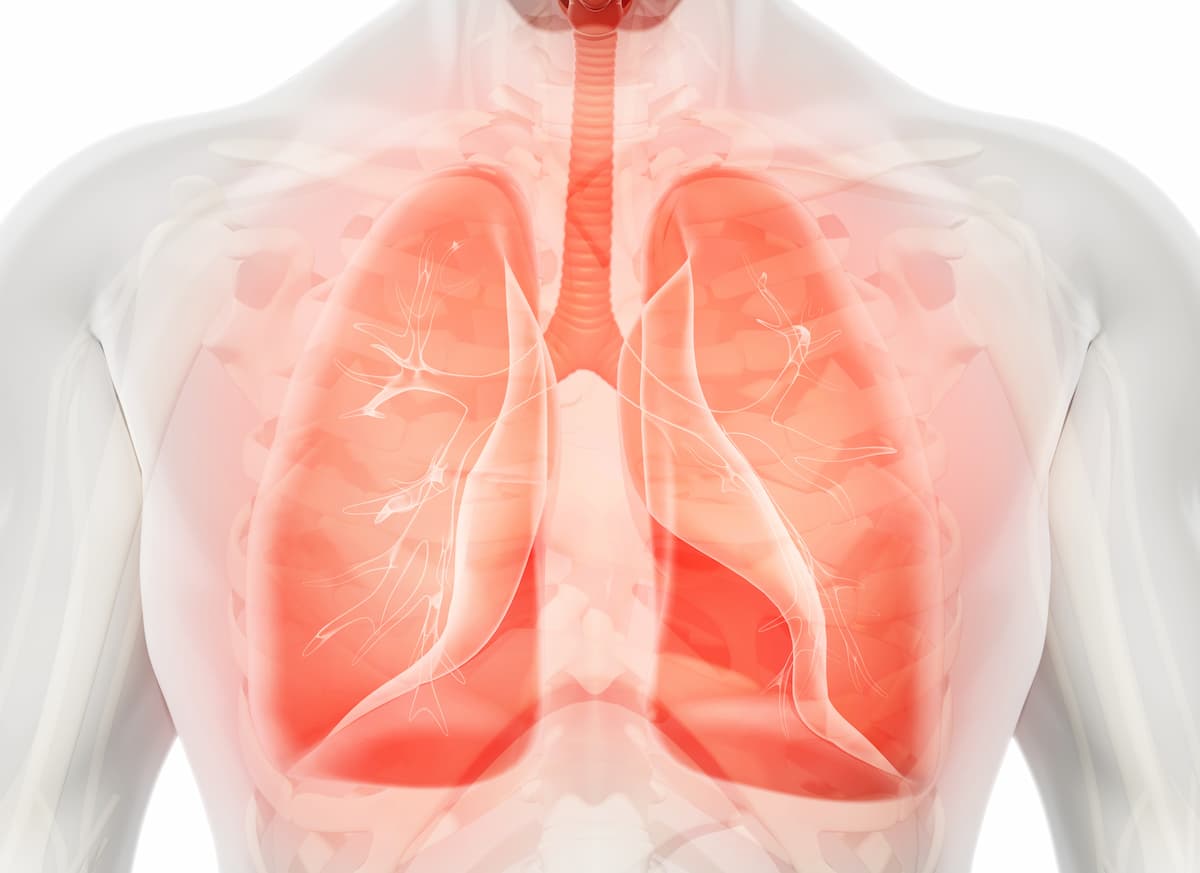FDA Grants Fast Track Designation to Novel T-Cell Therapy in Mesothelioma
SynKIR-110, which received fast track designation from the FDA, is currently under investigation as treatment for patients with mesothelioma in the phase 1 STAR-101 trial.
The FDA has granted fast track designation to the investigational agent SynKIR-110 for the treatment of patients with mesothelioma, according to a press release from Verismo Therapeutics.1
"This designation is an important milestone in our efforts to bring this potentially life-saving drug to patients who are in need of new treatment options," according to the manufacturers of SynKIR-110.

Investigators are evaluating the anti-tumor activity, safety, and feasibility of SynKIR-110 as a treatment for those with mesothelin-expressing mesothelioma, cholangiocarcinoma, and ovarian cancer in the multi-center phase 1 SynKIR T cell Advanced Research (STAR)-101 trial (NCT05568680).
“We are thrilled to receive fast track designation from the FDA,” Bryan Kim, DMD, co-founder and chief executive officer of Verismo Therapeutics, said in the press release. “This designation is an important milestone in our efforts to bring this potentially life-saving drug to patients who are in need of new treatment options.”
The investigational drug, SynKIR-110, makes use of the novel KIR-CAR platform, a dual-chain CAR T-cell therapy that has demonstrated the capability of maintaining anti-tumor T-cell activity in preclinical animal models. Additionally, DAP12 acts as a costimulatory molecule for T cells to aid additional T-cell-stimulating pathways, thus sustaining chimeric receptor expression as well as improving KIR-CAR T-cell persistence.
In the first-in-human, multi-center STAR-101 trial, investigators are evaluating SynKIR-110 in patients with advanced mesothelin-expressing tumors. The trial is estimated to enroll 42 patients. In a single, experimental arm, patients will receive a single dose of SynKIR-110 through a gravity drip intravenous administration. Investigators will escalate doses following a standard 3 + 3 design until they determine either a maximum tolerated dose or a maximum feasible dose.
The primary end point of the STAR-101 trial is the safety and feasibility of SynKIR-101, which includes the incidence, frequency, and severity of treatment-emergent adverse effects (TEAEs), the incidence of AEs related to native mesothelin-expressing tissues, and the incidence of cytokine release syndrome and/or neurologic toxicity. The secondary end point is the maximum tolerated dose or the maximum feasible dose of SynKIR-110.
Patients 18 years and older with pathologically confirmed recurrent/relapsed advanced ovarian cancer, primary peritoneal cancer, fallopian tube cancer, cholangiocarcinoma, or epithelial mesothelioma following at least 1 prior line of systemic therapy are eligible for enrollment on the trial.
Patients are also eligible if they have an ECOG performance status of 0 or 1, tumor expression of mesothelin in at least 50% of tumor cells in ovarian cancer and mesothelioma, and at least 1 measurable lesion per iRECIST criteria for ovarian cancer or cholangiocarcinoma or lesions per mRECIST criteria for mesothelioma. Those with satisfactory blood coagulation parameters and satisfactory organ and bone marrow function are also eligible for enrollment.
Those who have active invasive cancers other than the previously mentioned types, unless surgically and medically cured without evidence of recurrent disease for 5 years, are not able to enroll in the trial. Patients are also unsuitable for enrollment if they have a history of T- or B-cell malignancies, sarcomatoid or biphasic mesothelioma, hereditary congenital immunodeficiency, or recognized immunodeficiency disease. If patients have active hepatitis B, active hepatitis C, or any active autoimmune disease these are also grounds for exclusion.
The FDA previously granted orphan drug designation to SynKIR-110 for the management of mesothelin-expressing mesothelioma in September 2022.2
“Mesothelioma is a rare and deadly disease for which few other treatment options currently exist,” Kim said in a press release on receipt of the orphan drug designation. “We look forward to working with the mesothelioma community to advance SynKIR-110 as a potential treatment while we continue to expand clinical investigation of this novel platform in other cancers in the solid tumor space.”
References
- Verismo Therapeutics secures fast track designation from the U.S. Food and Drug Administration (FDA) for SynKIR-110. News release. Verismo Therapeutics. April 5, 2023. Accessed April 10, 2023. prn.to/40WrGZN
- Verismo Therapeutics receives U.S. FDA orphan drug designation for SynKIR-110™, a first-in-class KIR-CAR T cell immunotherapy candidate, for the treatment of mesothelioma. News release. Verismo Therapeutics. September 28, 2022. Accessed April 10, 2023. prn.to/3Ul3NZC